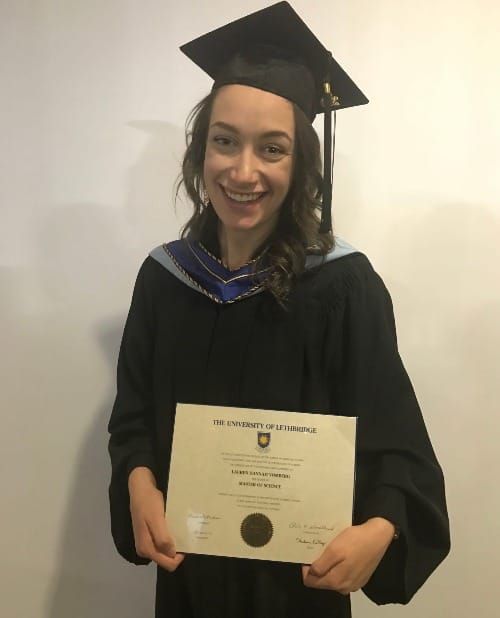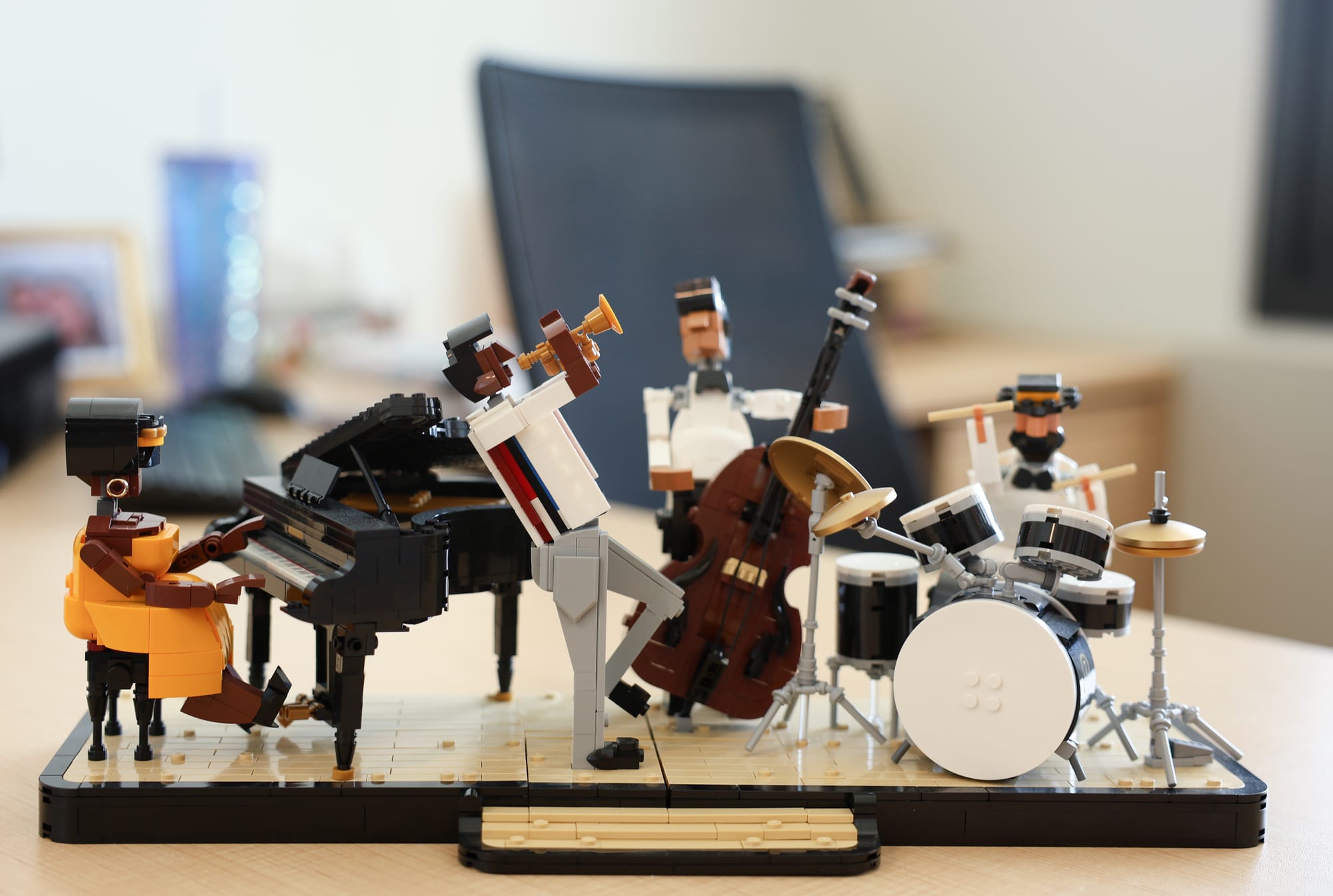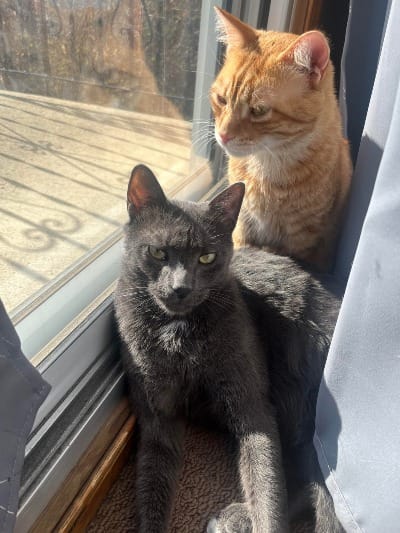One of the newest faculty members in the University of Lethbridge’s Faculty of Arts & Science, Lauren Vomberg’s journey reads like a musical with an unexpected plot twist—from a clarinet career cut short to a triumphant return as a music cognition expert.
Discover more about what inspires her as an instructor and what she enjoys doing in her free time (it involves Legos!) in the quick Q&A session below.
Can you tell us a bit about your background and what brought you to ULethbridge?
My journey to ULethbridge began in 2012, when I started my music degree in clarinet performance. Due to a hand injury, I switched from a BMus to a BASc, with a double major in music and psychology. During my undergrad, I enjoyed participating in independent studies, student clubs, and the university wind orchestra. I also completed a master’s at ULethbridge with a focus on music cognition.
I ended up going to the University of Toronto for my PhD, but when I started job hunting, I knew I wanted to come back to ULethbridge. I feel like I’m home, and I can’t wait to give my students the same great experiences I had as an undergrad!

What are you most excited about in your new role here?
I’m really excited to be part of a faculty that focuses on the students. I love the small class sizes, so I can really get to know my students and help them achieve their goals.
I enjoy the degree flexibility that is offered here – doing applied and independent studies really personalized my degree and allowed me to pursue my passions. I look forward to providing those same opportunities to my future students.
What are your research interests or areas of expertise, and why are they important to you?
Originally, I wanted to be a clarinet performer, working on Broadway in New York. After my career-ending hand injury, I didn’t want to give up music, and I wanted to find something where I could apply both my music knowledge and newfound passion for science. My professors encouraged me to pursue a relatively new field called “Music Cognition” – the scientific study of how people perceive music. My research focuses on the intersection between musical structure, auditory illusions and auditory perception.
I love my field because music is such a universal concept and truly at the core of our humanity.
How do you approach your teaching philosophy, and what methods do you use to engage students?
I believe in teaching with evidence-based practices that, as an experimental psychologist, I know enhance student learning. I conceptualize my psychopedagogical approach into three main points.
- Firstly, I strongly believe prioritizing student well-being should be at the forefront of instruction. I view education as a gateway to personal growth and well-being. As an educator it is my job to foster a supportive and healthy academic environment so that such growth can take place.
- Secondly, research indicates that student engagement further enhances improved learning. I approach this by incorporating unique assessments into my course design – offering students novel ways to engage with and apply their course materials.
- In addition, I incorporate psychopedagogy in my commitment to students, their learning, and their academic experiences.

What are some interesting facts or hobbies about yourself that you’d like to share?
I'm basically a 14-year-old boy in that I really enjoy playing Fortnite and I love building Lego sets! I'm also closeted entomologist and I collect ethically-sourced taxidermy insects and crustaceans.
I love reading non-academic books, especially historical fiction or horror. I have 2 cats that are the loves of my life, and I met my fiance in my third year of undergrad at ULethbridge!
